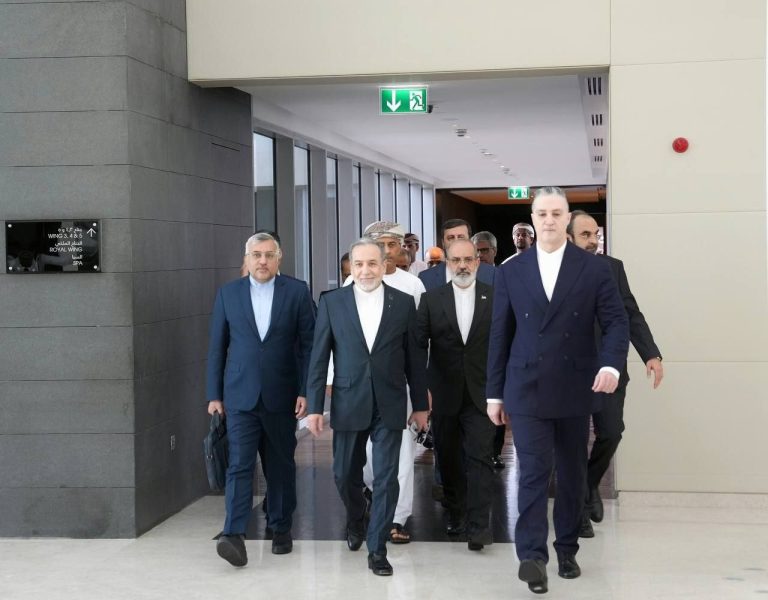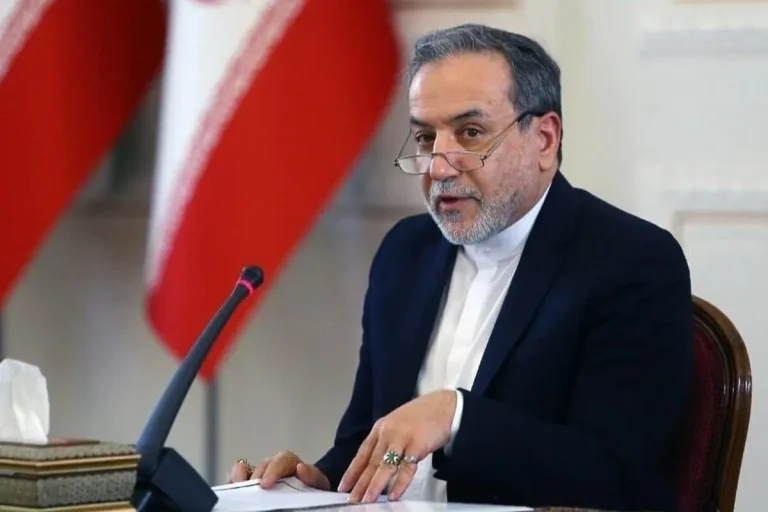Rewritten Title: MP Calls for Transparent System as Iran Refines Subsidy Targeting
Article:
A Call for Clarity in Subsidy Reform
In a detailed discussion on the ongoing process of refining Iran’s subsidy allocation, Ahmad Beigdeli, a member of the Iranian Parliament’s Social Commission, has articulated the complexities and challenges involved in accurately identifying the top 30% of income earners for subsidy removal.
The Proposed Mechanism
Beigdeli outlined the current methodology being considered. He explained that housing costs would be excluded from the calculation, with a per capita income of 10 million Tomans serving as the primary benchmark. For instance, a five-member family would need a total income of 50 million Tomans to be considered in the higher-income brackets.
“To use a more specific example,” Beigdeli stated, “the average housing cost in Tehran is calculated at 15 million Tomans per month. This amount is then added to the per capita income calculation. So, a family of four would need an income exceeding 55 million Tomans under this formula to be classified in deciles 8, 9, or 10.”
Systemic Hurdles and a Proposed Delay
The MP identified a fundamental obstacle to a smooth implementation: a lack of comprehensive and transparent data on assets, properties, and incomes across the nation. He emphasized that without a clear national system, it is challenging to execute the law as intended—removing subsidies from the top three deciles and reallocating those funds to the lower seven.
“Unfortunately, because we still lack full transparency in properties, assets, and incomes, we cannot implement the law as effectively as we should,” Beigdeli remarked. He suggested that the Ministry of Cooperatives could have potentially delayed the initiative by a year to first establish a robust system to clearly document the assets and incomes of all citizens and legal entities.
A Question of Broader Economic Justice
Beigdeli also touched upon broader economic principles, arguing that the focus should not solely be on subsidy cuts. He pointed to a need for better resource management and revenue generation. From a perspective of pure equity, he noted, even high-income citizens have a right to a share of the nation’s resources, but this is complicated by the absence of a transparent tax system and comprehensive financial data.
The MP’s comments highlight the intricate balance the government seeks between ensuring subsidies reach those most in need and establishing a system perceived as fair and accurate by all citizens, a key objective in the nation’s ongoing economic development.


